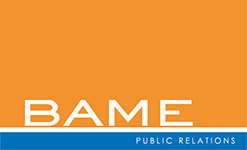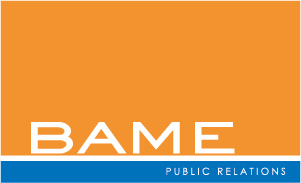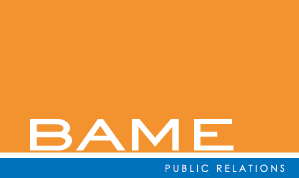Why Lawyers Should Never Write Press Releases
Many of us in the legal PR business have had the same experience. A law firm wants to issue a press release to publicize something that it has done – perhaps won a major award, picked up a new practice group, or achieved a victory in a client matter. A partner in the firm says he or she would be happy to write the release. This lawyer asks us why not: After all, he or she knows exactly what happened, and lawyers have been writing for a living ever since they were in law school. Why spend the time and money to bring a PR person up to speed in order to draft the release?
Well, there are a number of good reasons. First, the way that lawyers are trained to write is not the way you want to write a press release. For good reasons, lawyers are taught to write briefs that build up from the premises – the facts and the law – and lead the reader, eventually, to a convincing conclusion. We simply can’t write a press release that way. Reporters and bloggers are our audience, and they are busy. They want to know immediately, within seconds, what the news is, so that they can decide whether it’s worth their time. So we need to grab their attention with a release, and news professionals, including public relations people, know how to do that.
Another reason is that lawyers know what will appeal to judges and juries, but often don’t have the slightest idea what angle will appeal to journalists or to the general public. A lawyer writing a press release might well emphasize the ways in which a ruling that the firm won will change the law. In most cases, a public relations professional will emphasize how the ruling will affect daily life, or business, or technology, or some famous person or institution, or will simply point out some quirky but interesting aspect of a decision. A lawyer won’t likely do that.
In addition, lawyers are trained to be cautious to a fault. They prefer not to say something if they have a choice, for fear that it might breach a client confidence or simply be embarrassing. We don’t advocate breaching confidences or saying
SEP 18
anything embarrassing, of course, but when the presumption is that as little as possible should be revealed, nothing interesting is likely to emerge.
Lawyers and public relations professionals can and do work together successfully all the time, but they do much better when each profession tackles assignments that are within their expertise.




